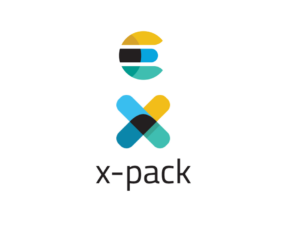The configuration of Elasticsearch with XPack involves several steps, including installing X-Pack, setting up authentication, enabling security features, and setting up monitoring. At Bobcares, with our Server Management Service, we can handle your issues.
The Configuration of Elasticsearch with XPack
Here’s a broad overview if we’re using Elasticsearch and wish to set features of X-Pack components:

1. Security
The security features are provided via X-Pack. Included in this is RBAC, which enables us to use roles and grant users or apps access rights. In order to further provide a safe environment for the cluster, we can set up SSL/TLS encryption for communication between nodes and clients.
2. Monitoring
X-Pack Monitoring lets us gather and display the cluster performance metrics. It lets us monitor resource usage, query performance, and more by giving us insights into node and index performance.
3. Alerting
We can create and manage alerts using X-Pack’s Alerting feature by defining the conditions for each alert. This can involve keeping an eye on particular metrics, running queries, and setting off events when reaching particular limits.
4. Machine Learning
XPack includes ML features for forecasting, anomaly detection, and other analytics activities. The purpose of ML features is to assist us in finding trends and possible problems in the data.
5. Graph Exploration
We can find patterns and insights in the data by exploring relationships and connections with X-Pack’s Graph Exploration function.
6. Reporting and Kibana Spaces
We can create reports with X-Pack and arrange for them to be distributed by email.
[Searching a solution for a different question? We’re happy to help.]
Conclusion
To sum up, the Support team went over the Elasticsearch X-Pack config details.
PREVENT YOUR SERVER FROM CRASHING!
Never again lose customers to poor server speed! Let us help you.
Our server experts will monitor & maintain your server 24/7 so that it remains lightning fast and secure.







0 Comments